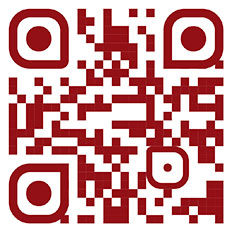Transform assessment to empower university students in their learning and teaching
DOI:
https://doi.org/10.58663/riied.vi7.94Keywords:
University, Evaluation, TechnologiesAbstract
Today's education requires new attitudes, actions, tools and challenges. Such requirements have been rethought and configured for most of the elements of didactic programs. One of the most neglected and/or most resistant/reluctant is assessment. If the learner is to construct his/her learning (the active initiative lies with the learner) he/she must be empowered, giving him/her responsibility for his/her own assessment. If collaborative, cooperative and team learning is advised, the class group and the operative work groups must also be empowered. If not only the result or product is to be evaluated, but also the process, an efficient continuous or processual evaluation is demanded, called authentic or learning-oriented. If new technologies are included as aids to the teaching work, they must also be included to speed up the process evaluation traditionally carried out by the teacher and which is also demanded from the students. A digital platform for multiple university evaluation is presented. It facilitates the collection of scores and their weighting for the final grade. The project is framed within the Design-Based Research methodology, in a context where it will be applied and from where it will be validated. The model and the platform have been validated with the participants themselves, teachers and students who have tested it. The question posed is answered: it is possible to apply a multiple assessment model and use a platform to avoid overloading the teacher.


















